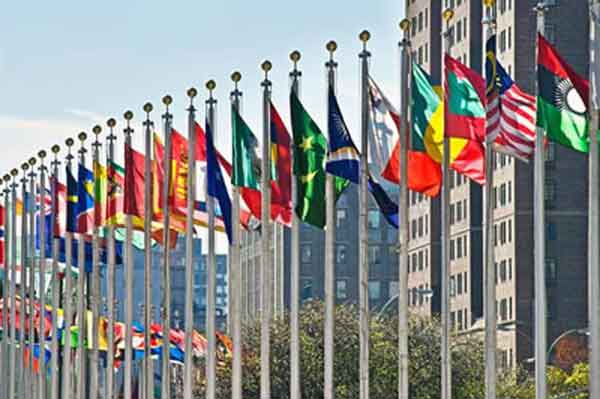
The International Day of Multilateralism and Diplomacy for Peace insists on strengthening the planet balance, considered one of the pillars of the United Nations system.
United Nations.- The United Nations qualifies multilateralism as part of its DNA, defining it as the adherence to a common political project based on respect for a shared system of norms and values, on founding principles such as consultation, inclusion, and solidarity.
The UN website states that its operation is developed collectively to facilitate sustainable and effective cooperation.
These rules guarantee the same rights and obligations to all those involved at all times and do not only depend on the issue being discussed. Multilateralism is, therefore, both a method of cooperation and a form of organization of the international system.
According to UN Secretary-General António Guterres, these shared values need strong institutions, otherwise the multipolar world could exacerbate geostrategic tensions, lead to chaotic competition, and increase fragmentation.
To this end, the UN proposes Sustainable development and financing for Development as global priorities; international peace and security; science, technology innovation, and digital cooperation, together with youth and future generations, and the need to transform global governance.
The Pact for the Future, the Summit’s guiding document, has the potential to drive the implementation of the 2030 Agenda and the Sustainable Development Goals in line with the SDG Summit declaration, said Guterres, according to which the declaration will help to determine “whether we face the serious challenges of today and tomorrow, or whether we continue down the path of social, financial, political and environmental collapse.” (PL)





